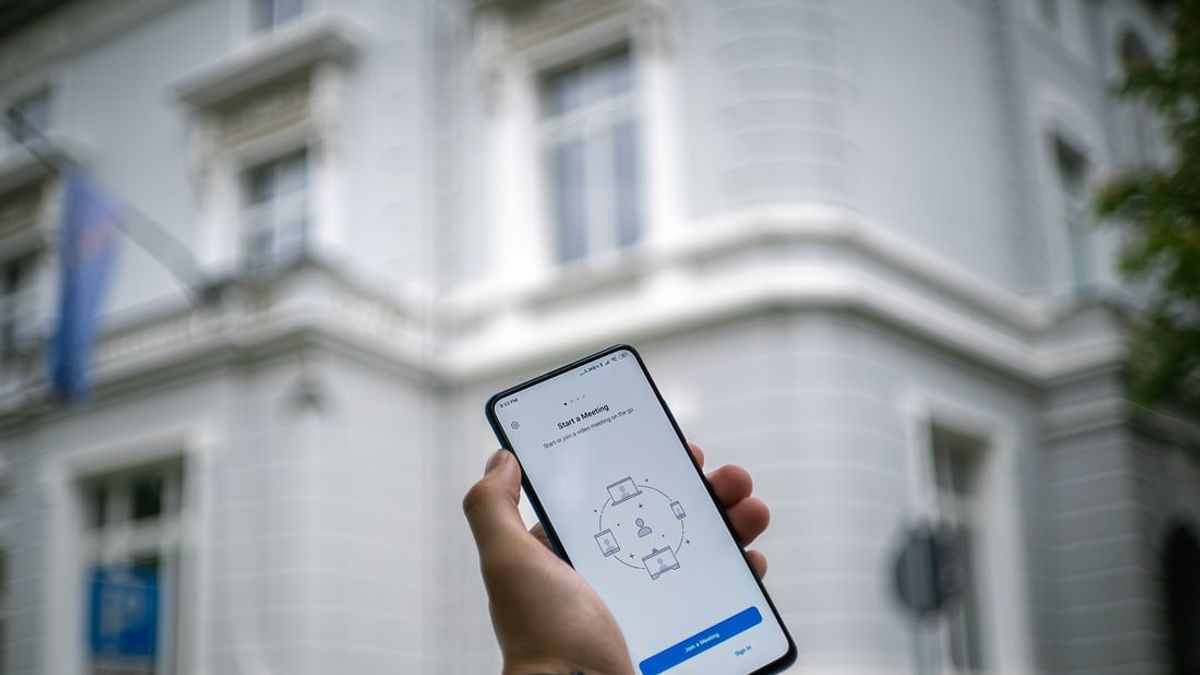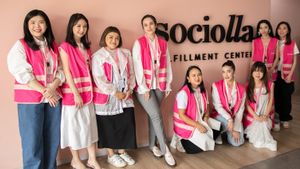JAKARTA - Zoom video conference service is again taking advantage of the situation by launching its newest feature, in the midst of the COVID-19 pandemic. The new feature is designed to make the video chat platform more accessible to all users, including people with disabilities.
To quote CNET, Friday 26 September, with this feature people can rearrange videos in Galley View into whatever placement they want, just by clicking, dragging and dropping.
One of the functions of this feature is to help people with disabilities bring the translator's video closer to anyone sharing content so that they can view it more easily.
"At Zoom, we strive to ensure that people from various communities can meet and collaborate with each other by considering the wide range of hearing, vision, mobility and cognitive abilities," said Zoom in his official statement.
Apart from that, users can also pin some important videos during the meeting, the host and co-host can also give permission for up to nine people to pin multiple videos.
Zoom also launches multi-spotlight, which is similar to multi-pinning, except the video that is highlighted appears for everyone in the meeting. This feature can be useful during large meetings, where the organizer wants to highlight translators and speakers for everyone.
These features join several other tools that focus on accessibility in Zoom, including closed captions, screen reader support, and keyboard shortcuts.
Zoom says they have worked with various organizations to make it easier for people with different needs to use the platform more easily.
"Our team adheres to WCAG (Web Content Accessibility Guidelines) 2.1 AA when designing and developing each feature to ensure that accessibility considerations are not only a good one to have, but a requirement in our development process," said Zoom.
That way, more and more technology companies will launch accessibility features in the future as organizations and supporters point to the need for greater technology accessibility. The COVID-19 pandemic also highlights the urgency of accommodation for people with disabilities.
The English, Chinese, Japanese, Arabic, and French versions are automatically generated by the AI. So there may still be inaccuracies in translating, please always see Indonesian as our main language. (system supported by DigitalSiber.id)











